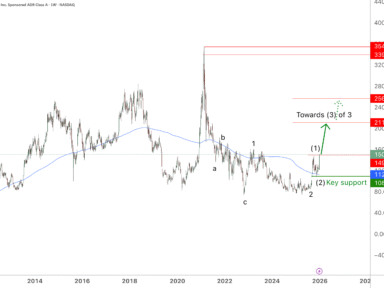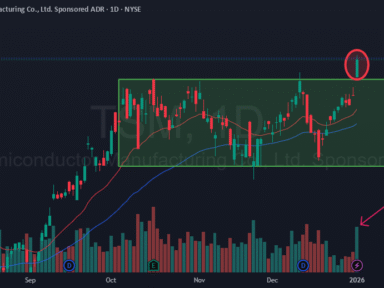Takeaways
• OpenAI CEO Sam Altman admits to losing sleep over the controversies surrounding his company
• Altman acknowledges the significant responsibility of developing advanced AI systems
• The interview addresses recent challenges including executive departures and ethical concerns
• OpenAI continues to balance rapid innovation with safety considerations
• Altman remains committed to the company’s mission despite mounting pressures
Altman’s Leadership Under Pressure
OpenAI CEO Sam Altman recently opened up about the mounting pressures of leading one of the world’s most influential AI companies. In a candid interview, Altman admitted to losing sleep over the various controversies that have engulfed OpenAI in recent months. The normally composed executive revealed the personal toll of balancing rapid technological advancement with ethical considerations and public scrutiny.
“The responsibility of developing systems that could fundamentally transform society weighs heavily on me,” Altman acknowledged during the interview. His comments come amid a turbulent period for OpenAI, which has faced criticism over its governance structure, transparency practices, and the potential impacts of its increasingly powerful AI models.
Recent Controversies and Challenges
OpenAI has weathered several significant storms recently, including high-profile executive departures that raised questions about internal alignment on the company’s direction. Additionally, concerns about the pace of AI development and potential risks have intensified scrutiny from regulators, researchers, and the public.
Altman addressed these issues directly, stating that the company remains committed to its original mission of ensuring artificial general intelligence benefits humanity. However, he also recognized the legitimate concerns about how quickly advanced AI systems are being deployed and the governance structures in place to manage them.
Balancing Innovation and Responsibility
Despite the challenges, Altman reaffirmed OpenAI’s dual commitment to pushing AI capabilities forward while implementing robust safety measures. He detailed several initiatives aimed at improving transparency and expanding the company’s safety research.
“We’re investing more resources than ever in alignment and safety research,” Altman explained. “But we also believe that developing these systems responsibly requires actually building them and learning from that process.” This philosophy continues to generate debate within the AI community about the appropriate pace of development for increasingly powerful systems.
FAQ
What specific controversies has OpenAI faced recently?
OpenAI has faced controversies including its temporary board restructuring that briefly removed and reinstated Altman as CEO, concerns about transparency in its research and development process, debates about the safety of rapidly advancing AI capabilities, and questions about its shift from a non-profit to a capped-profit structure with significant commercial interests.
How is OpenAI addressing safety concerns with its AI systems?
According to Altman, OpenAI is increasing investment in alignment and safety research, implementing more robust testing protocols before releasing new models, engaging with external researchers and critics, and supporting regulatory frameworks that could help govern AI development responsibly.
What caused the executive departures at OpenAI?
While Altman didn’t detail specific reasons for all departures, reports suggest differences in philosophy regarding development pace, commercialization priorities, and safety protocols have contributed to some executives leaving the company. These departures reflect broader tensions in the AI field about balancing innovation with caution.
How has OpenAI’s mission evolved since its founding?
OpenAI began as a non-profit focused purely on ensuring artificial general intelligence benefits humanity. It has since evolved into a “capped-profit” structure with significant commercial products like ChatGPT and DALL-E, while maintaining its stated commitment to ensuring AI benefits all of humanity. This evolution has been controversial among some AI ethicists and early supporters.
What regulatory challenges does OpenAI face?
OpenAI faces increasing regulatory scrutiny across multiple jurisdictions, including potential AI regulations in the EU, US, and other regions. The company must navigate concerns about content generation capabilities, potential misuse, copyright issues, data privacy, and the broader societal impacts of increasingly powerful AI systems.
















How would you rate Sam Altman Interview: OpenAI CEO Reveals Top AI Safety Concerns?